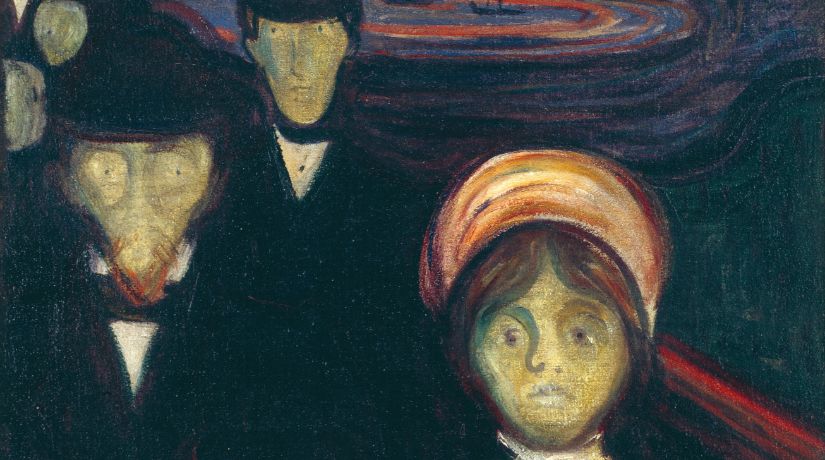Anxiety
Anxiety, a prevalent mental health condition, affects millions of individuals worldwide, manifesting in various forms such as generalized anxiety disorder, social anxiety disorder, and panic disorder. The pervasive nature of anxiety can significantly impact an individual's quality of life, making effective treatment essential. In recent years, a novel approach has gained attention and recognition: psychedelic therapy. This article delves into the innovative use of psychedelic therapy to address anxiety, treatment methodologies, and the individuals most likely to benefit from this transformative approach.

Treatment Methods
Psychedelic therapy for anxiety follows a structured and multifaceted treatment approach, combining various elements.
Before embarking on the therapeutic journey, individuals undergo comprehensive assessments, including medical, psychological, and psychiatric evaluations. These assessments determine the suitability and safety of the treatment for each individual.
Therapists conduct preparatory sessions with patients to establish trust, build rapport, and set clear intentions for the upcoming psychedelic experience. These sessions create a supportive environment and help individuals navigate their anxiety.
At the core of psychedelic therapy is the guided journey. Patients, under the supervision of trained therapists, ingest carefully measured doses of psychedelic substances like psilocybin or MDMA. These substances induce an altered state of consciousness, enabling individuals to explore their psyche, confront suppressed emotions, and gain profound insights.
Therapists provide emotional support and guidance during the psychedelic experience, helping patients navigate intense emotions and experiences. This support is instrumental in addressing anxiety-related issues.
After the psychedelic journey, integration sessions assist patients in making sense of their experiences. Therapists help individuals translate their insights into practical changes in behavior and mindset, fostering long-term anxiety management and recovery.
Psychedelic therapy takes a holistic approach, addressing not only the symptoms but also the underlying psychological, emotional, and sometimes spiritual aspects of anxiety. This approach aims to identify and heal the root causes of anxiety.
Who Benefits Most from Psychedelic Therapy for Anxiety
Psychedelic therapy for anxiety offers promise as an alternative treatment, particularly benefiting specific groups:
Emotionally Confined Individuals: Some individuals with anxiety have difficulty identifying, expressing, or processing their emotions. Psychedelic therapy can help break down emotional barriers and provide a safe space to explore and address unresolved emotional issues.
Chronic Anxiety Sufferers: People dealing with long-standing, chronic anxiety may find relief through psychedelic therapy. The therapy's holistic approach aims to address the underlying factors contributing to anxiety, potentially providing lasting relief.
Anxiety Interfering with Daily Life: For individuals whose anxiety significantly impairs their daily functioning and quality of life, psychedelic therapy may provide a lifeline. It offers a potential path to manage and mitigate anxiety symptoms effectively.
Trauma Survivors: Many people with anxiety disorders have underlying trauma contributing to their condition. Psychedelic therapy provides a safe and supported environment for processing and healing from these traumatic experiences, potentially diminishing their impact on anxiety-related symptoms.
In closing, the integration of psychedelic therapy into anxiety treatment marks an innovative and potentially transformative frontier within the realm of mental healthcare. While further research is imperative to definitively ascertain its efficacy and safety, early indicators and anecdotal accounts offer a ray of hope to individuals grappling with the intricate challenges of anxiety disorders. By fostering introspection, self-awareness, and emotional healing within a structured therapeutic framework, psychedelic therapy emerges as a promising avenue for managing and, in some cases, alleviating anxiety. It underscores the potential for profound personal growth and a revitalized sense of well-being on the path toward conquering anxiety's grasp.